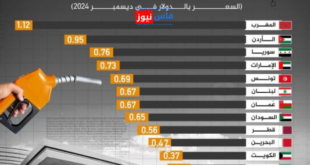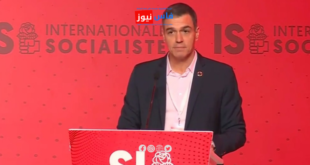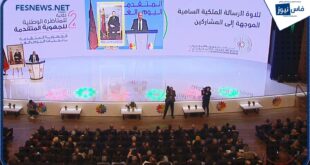As the 2024-2025 school year approaches, the controversy surrounding the high prices of imported textbooks has resurfaced, triggering a wave of discontent among Moroccan families. Complaints about the significant increase in the cost of these books have multiplied, especially given the absence of an official body responsible for regulating the pricing of imported educational materials.
In this context, professionals in the textbook sector have confirmed a substantial price disparity between the wholesale and retail markets. They attribute this discrepancy to the practices of some private bookstore owners and retail outlets who exploit the lack of published prices on book covers to impose inflated prices at will, without effective oversight from the relevant authorities.
Industry professionals pointed out that this problem particularly concerns imported books, where Moroccan importers set prices without any government supervision. They added that this situation leads to a doubling of the cost of imported textbooks in the Moroccan market.
Under these circumstances, there are increasing demands for intervention by relevant authorities to regulate the imported textbook market and control prices, ensuring the protection of Moroccan consumers and limiting unfair pricing practices. Some observers are calling for the establishment of effective monitoring mechanisms to guarantee price transparency and fairness.
The issue of rising imported textbook prices remains a significant challenge facing Moroccan families with each new school year, necessitating urgent and effective solutions to ensure everyone’s right to access education at a reasonable cost.
This situation has sparked a broader debate about the need for better regulation in the educational materials sector and the importance of making quality education accessible to all Moroccan students, regardless of their economic background. As the new school year approaches, many are watching closely to see if any measures will be taken to address this pressing issue.
 فاس نيوز ميديا جريدة الكترونية جهوية تعنى بشؤون و أخبار جهة فاس مكناس – متجددة على مدار الساعة
فاس نيوز ميديا جريدة الكترونية جهوية تعنى بشؤون و أخبار جهة فاس مكناس – متجددة على مدار الساعة













